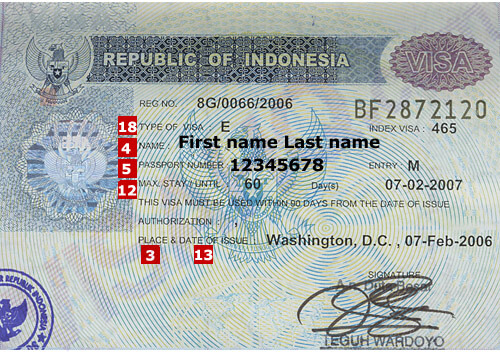Indonesia Embassy list in Equatorial Guinea
Need help?Chat with us
Why Trip Registration at the Indonesia Embassy is Important
Registering your trip with the Indonesia embassy is essential for ensuring safety and effective communication during your travels abroad. In times of natural disasters like earthquakes or tsunamis, the embassy can provide crucial updates and support. For instance, if an earthquake strikes, registered travelers can receive immediate notifications about safety measures and evacuation procedures.
Furthermore, during political unrest or civil disturbances, the embassy can facilitate safe exits for registered citizens. In medical emergencies, those who have registered are better tracked, ensuring timely assistance. Providing a record of your whereabouts allows the embassy to act swiftly, connecting you with local health services or arranging transport for urgent care. Overall, trip registration acts as a vital lifeline, offering necessary support and resources during unforeseen circumstances.
Indonesia Embassy FAQs
Can the Indonesia embassy assist in legal issues abroad?
Yes, the Indonesia embassy can provide assistance for legal issues abroad, including offering a list of local lawyers and information on local legal processes.What should I do if I lose my Indonesia passport in Equatorial Guinea?
If you lose your Indonesia passport in Equatorial Guinea, report the loss to local authorities and the embassy. They will guide you through the process of obtaining a replacement passport.Does the embassy offer assistance for medical emergencies?
Yes, the embassy can assist with medical emergencies, including providing information about local hospitals, helping coordinate transportation, and communicating with family back home.How can the embassy help if I am involved in an accident abroad?
The embassy can assist by helping to liaise with local authorities, providing medical assistance information, and supporting you through legal proceedings if necessary.Can the embassy help arrange for repatriation in case of death abroad?
Yes, the embassy can assist in arrangements for repatriation of remains and liaising with local authorities and funeral homes as needed.
Services Provided by Indonesia Embassies in Equatorial Guinea
Passport Services
- Issuance of new passports
- Renewal of passports
- Replacement of lost passports
Visa Issuance for Foreign Nationals
- Visa applications for traveling to Indonesia
- Information on visa requirements and procedures
Assistance in Legal or Medical Emergencies
- Support in legal matters and referrals to local lawyers
- Assistance during medical emergencies, including hospital information
Travel Alerts and Safety Updates
- Issuing travel advisories and safety alerts to citizens
- Providing information on crisis situations, local laws, and regulations
Support for Nationals Detained Abroad
- Assistance to nationals detained by local authorities
- Guidance and support in legal representation and communication with family
Summarized Diplomatic Presence
Indonesia maintains a significant diplomatic presence in Equatorial Guinea, primarily through its embassy located in the capital city of Malabo. The embassy’s main functions include promoting bilateral relations, providing consular services, and facilitating trade and cultural exchanges. This diplomatic mission plays a crucial role in supporting Indonesian nationals living in or traveling through the country, ensuring they receive assistance and protection. The embassy fosters international relations, addressing mutual interests and cooperation in various sectors. Overall, the presence of the Indonesian embassy in Equatorial Guinea highlights the importance of partnership between the two nations, aimed at enhancing political and economic ties.
